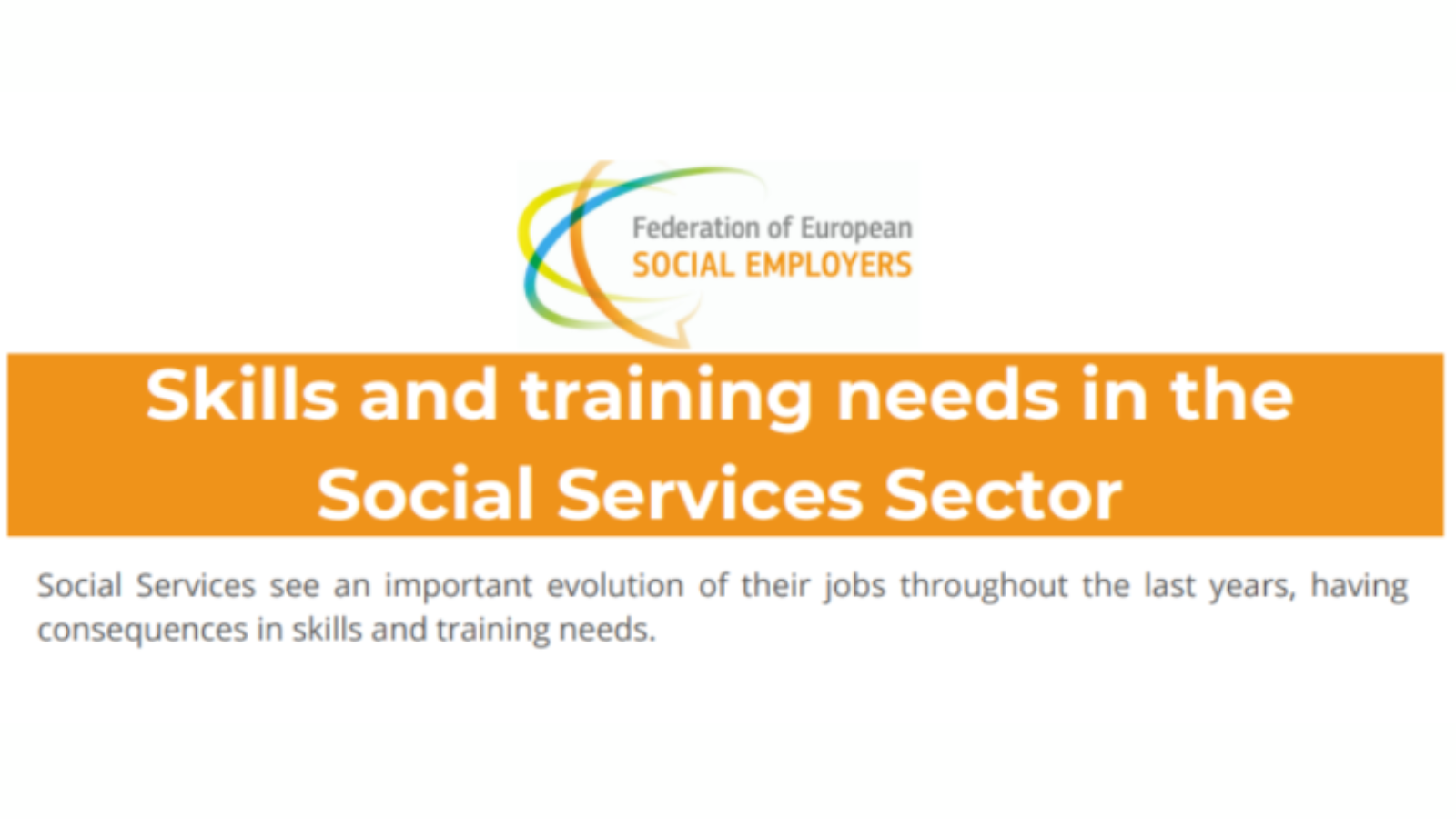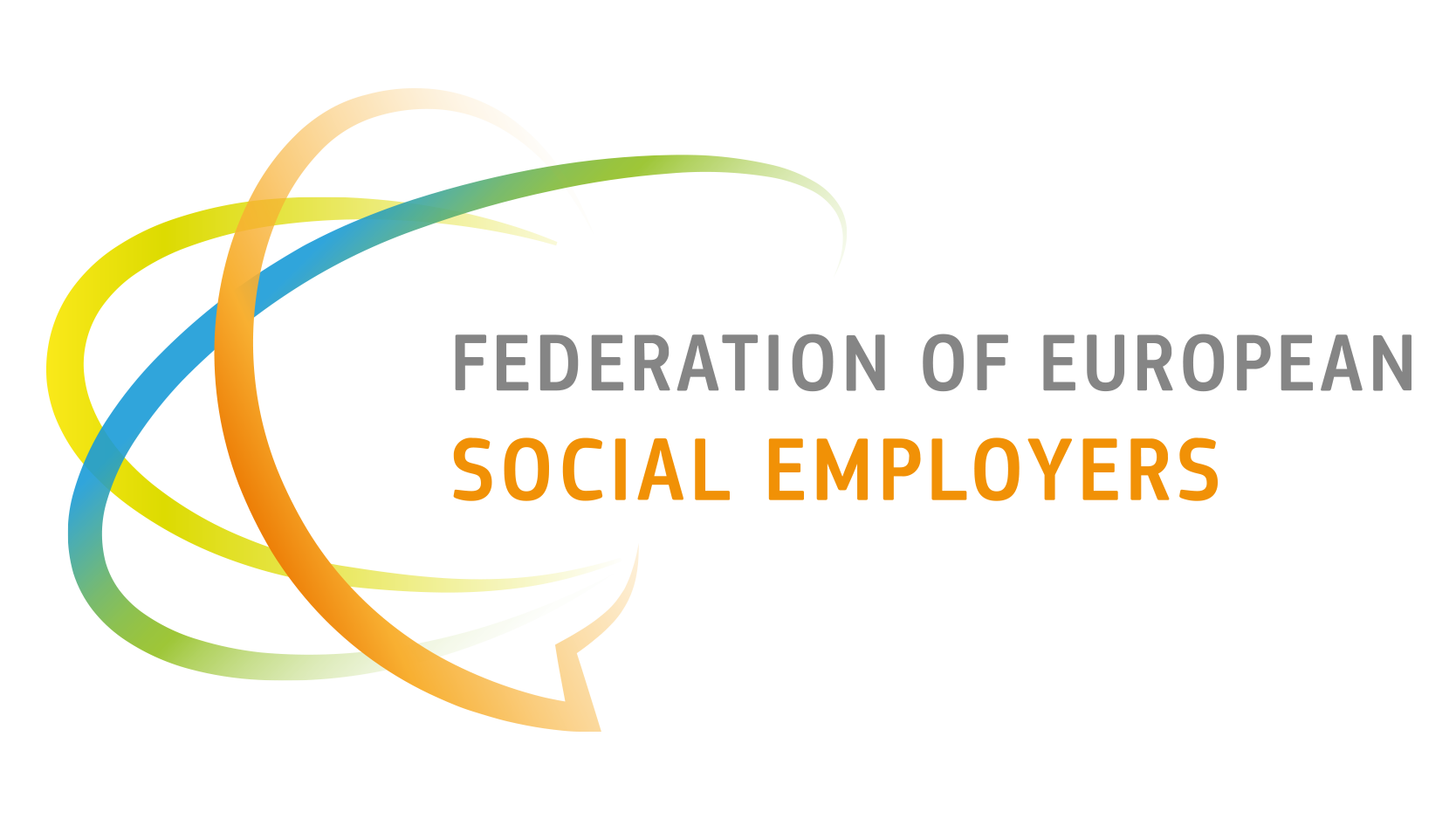Skills and training needs in the social services sector

The question of skills and training is high on the EU’s policy agenda: the European Pillar of Social Rights, the EU Skills Agenda in a context of recovery plan, micro-credentials, individual learning accounts initiatives, etc. This is an important moment to highlight the needs of the sector and its employers in this field.
The move towards more person-centred services within the community and the take-up of new digital tools and technologies comes with new types of needs and requirements. Consequently, new skills and training needs and job profiles are emerging in social services.
According to the Social Employers members and partners, among the most required skills before the pandemic were:
- Dealing with difficult situations and conflicts
- Ability to work without supervision
- Medical care provision
- Awareness on health and safety issues
Among the most required skills before the pandemic were:
- dealing with difficult situations and conflicts
- ability to work without supervision
- medical care provision
- awareness on health and safety issues
Changes in skills and training needs due to the pandemic
The pandemic came with a shift towards services delivered remotely and online, bringing about a drastically increased need for digital skills: using intranet & new applications, digital communication & collaboration tools, online trainings and supporting service users in their use of them.
- For front-line social services workers, changes in skills and training needs include:
- adaptation to change
- managing psychosocial risks and stress (for themselves and for service users)
- self-organisation
- clear and effective communication
- good understanding of medical topics
- For office workers and managers, new skills and training needs include:
- crisis management, including psychosocial risks prevention
- remote team management & digital communication
- adaptation to change
The EU should support the access to financial resources, continue to provide support for project activities related to skills and training, promote the exchange of good practices between the Member States to encourage and enhance social dialogue at national level.
Read the factsheet, here.
